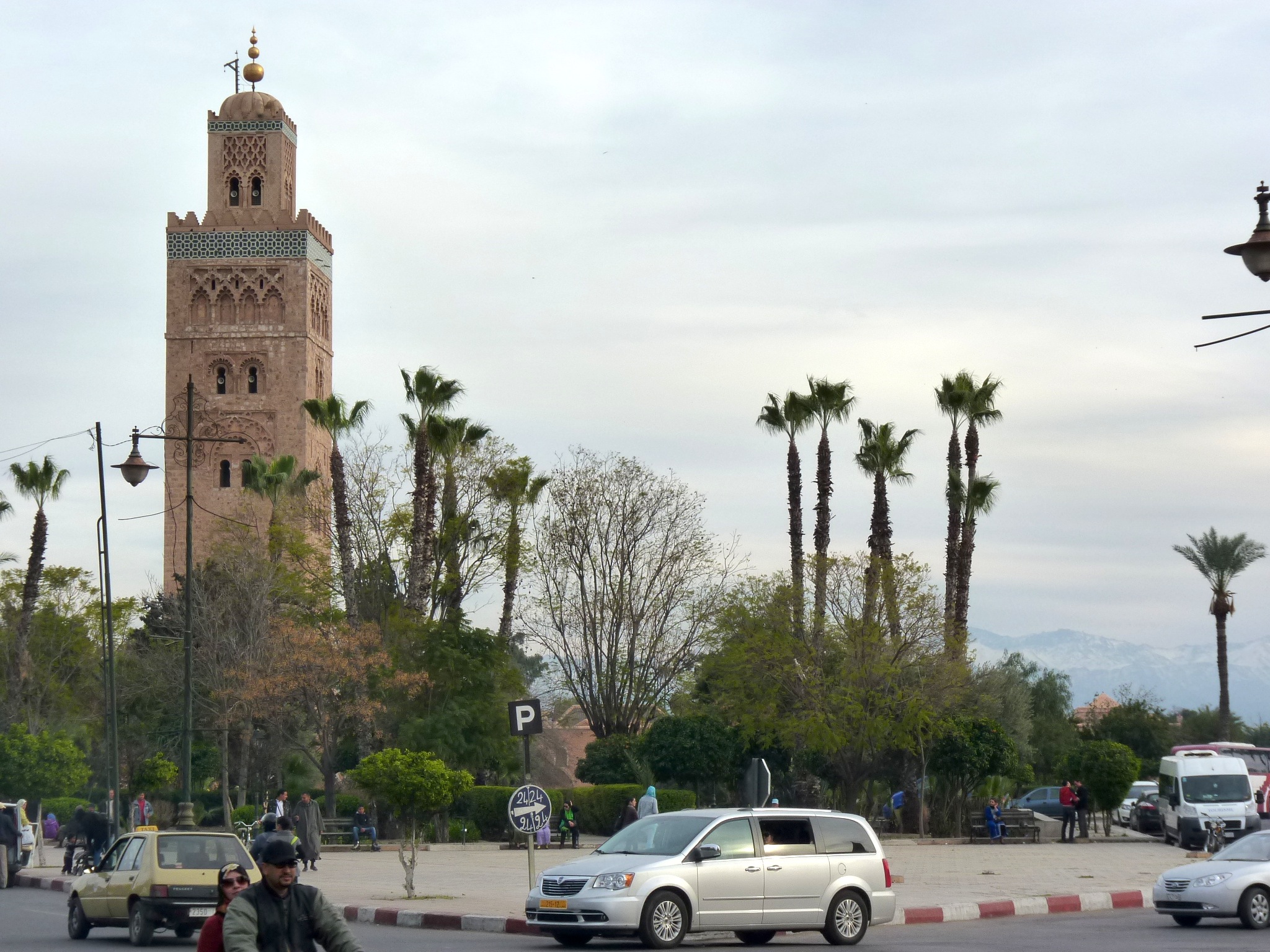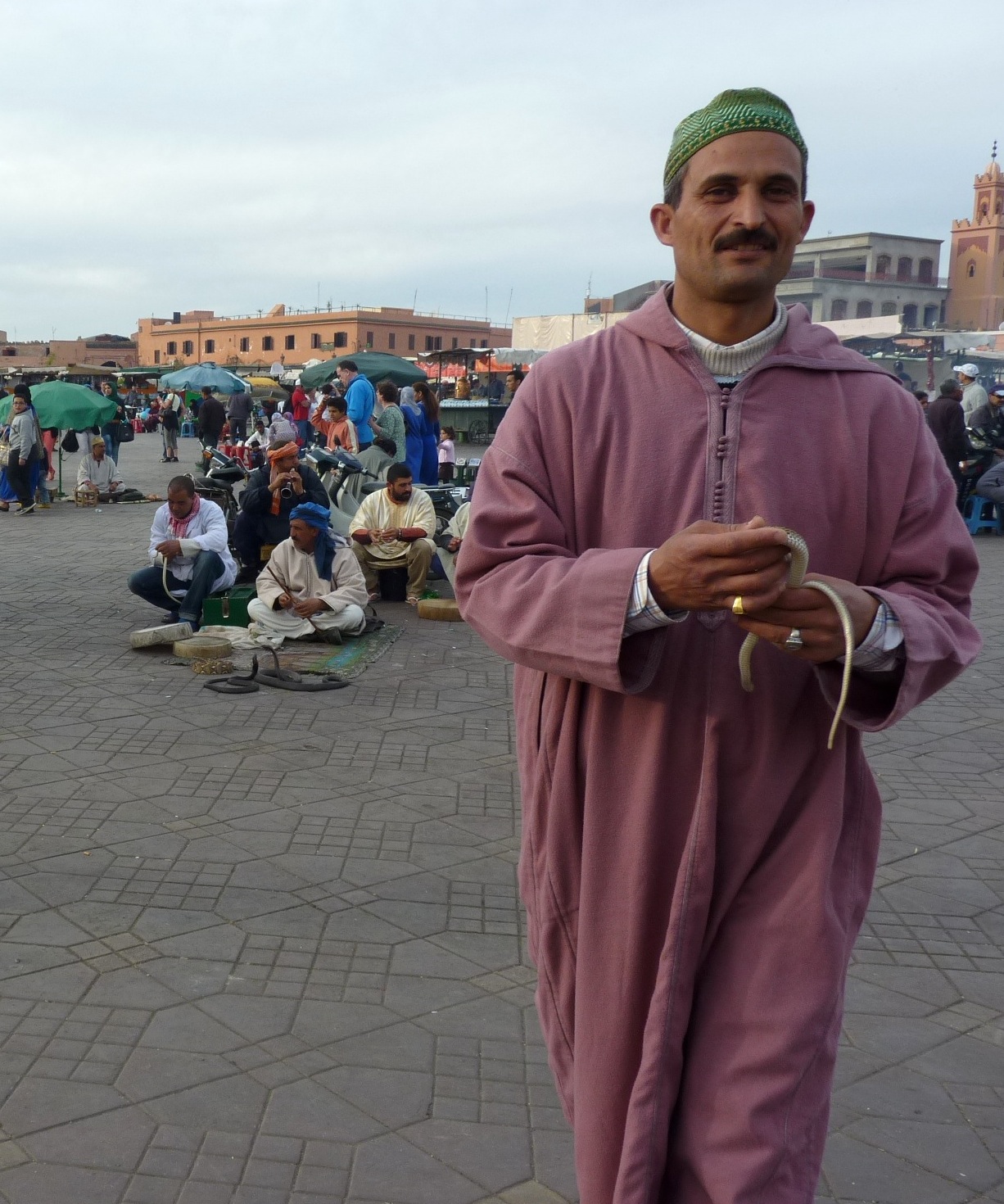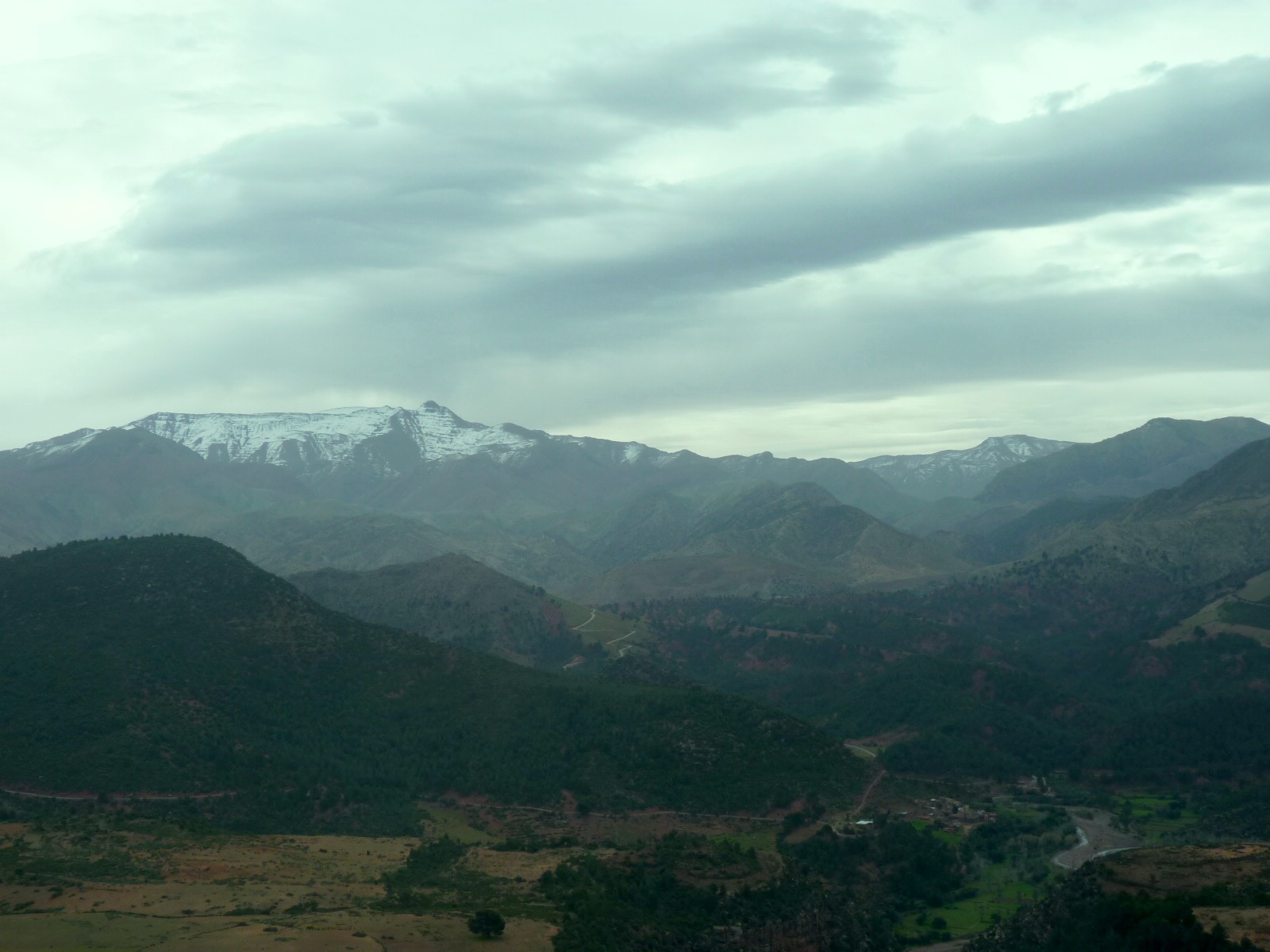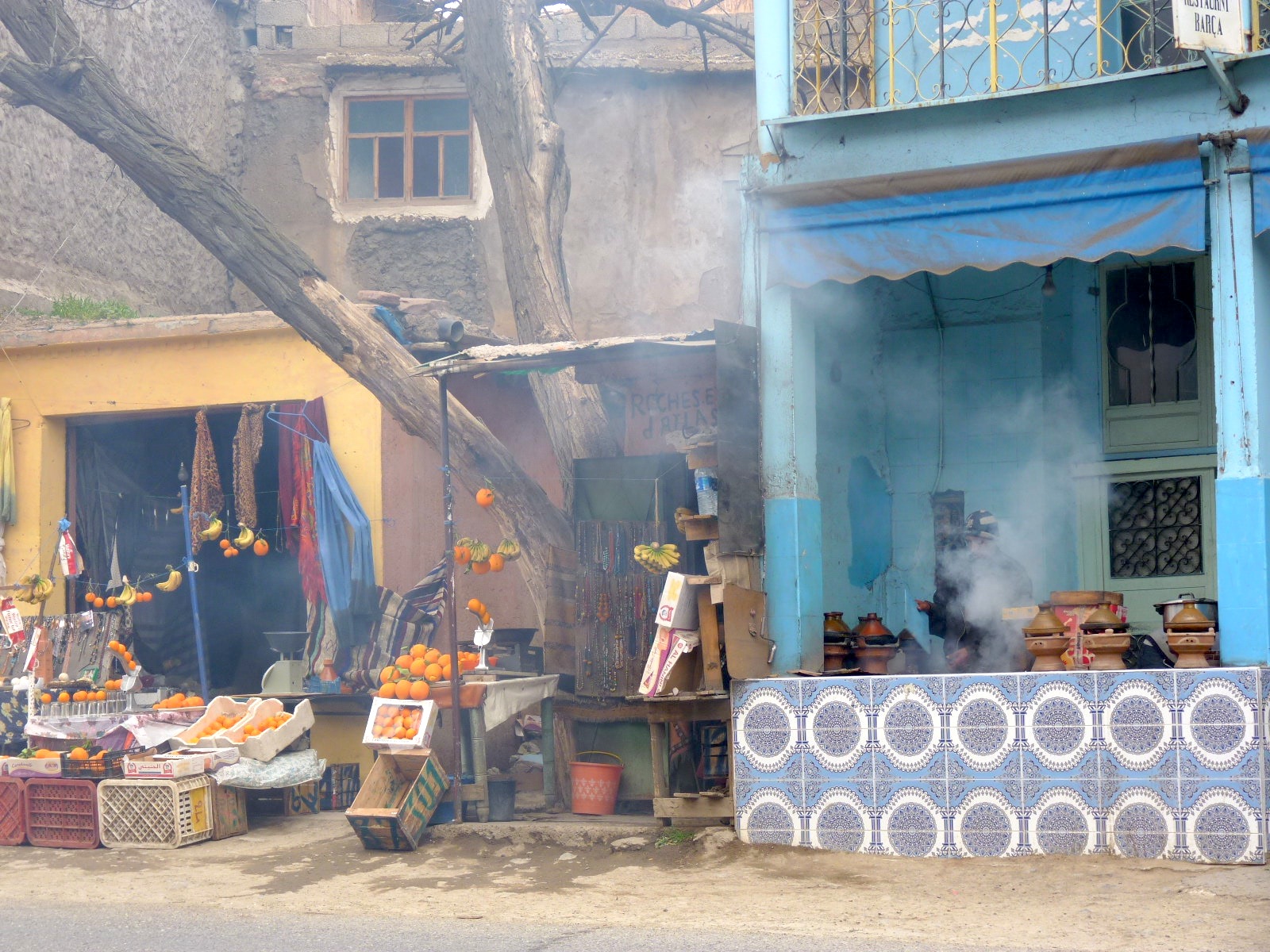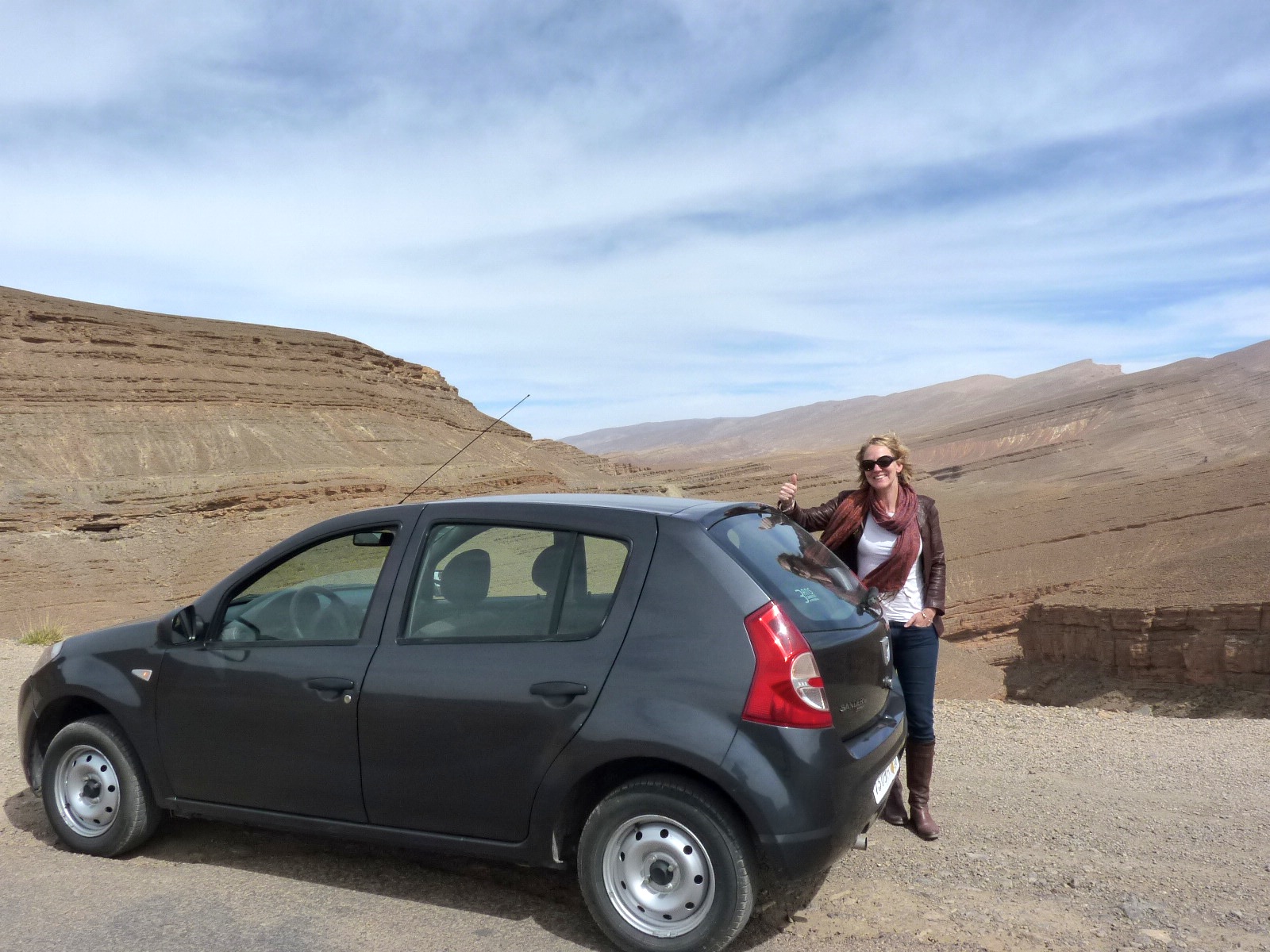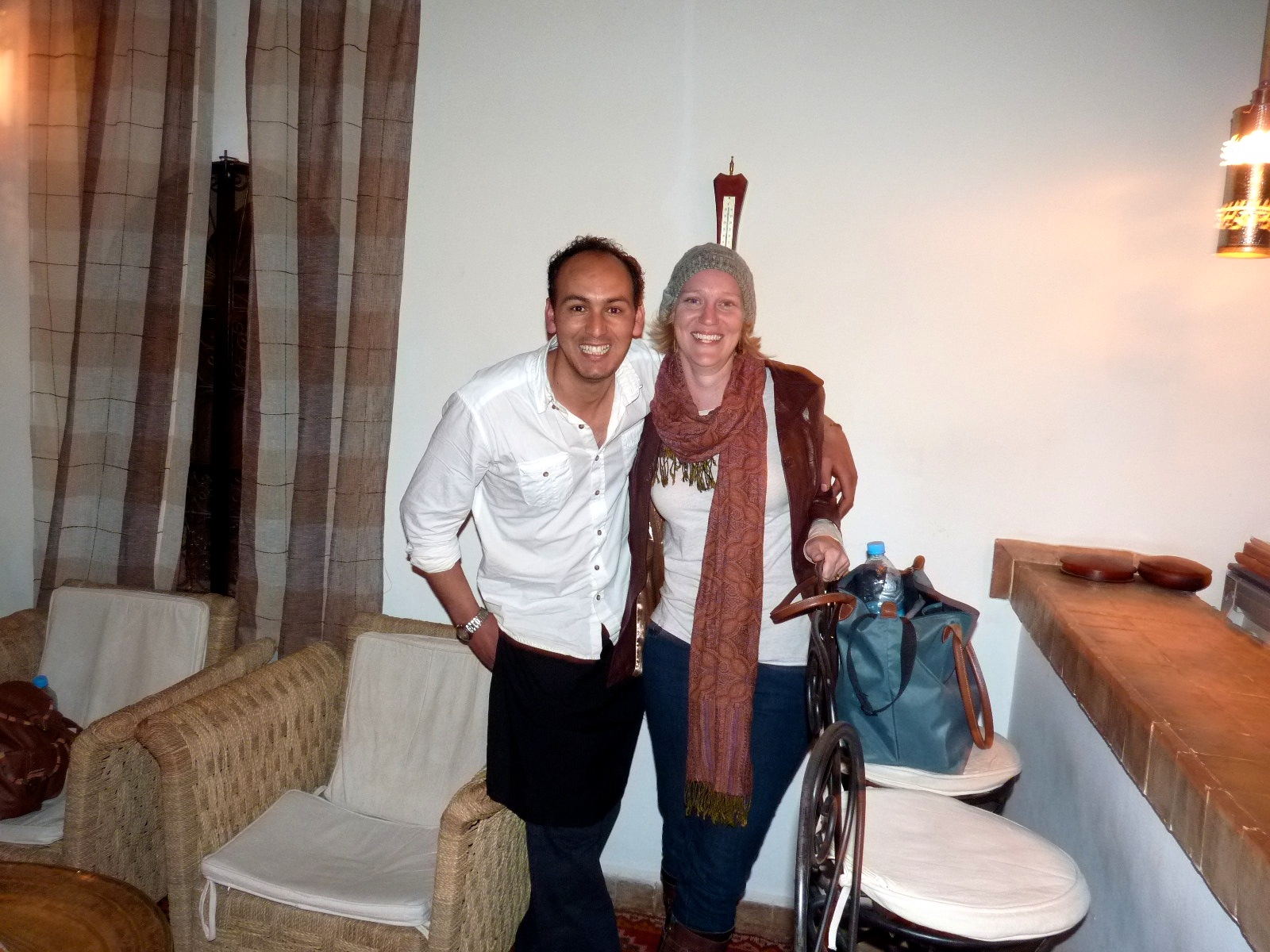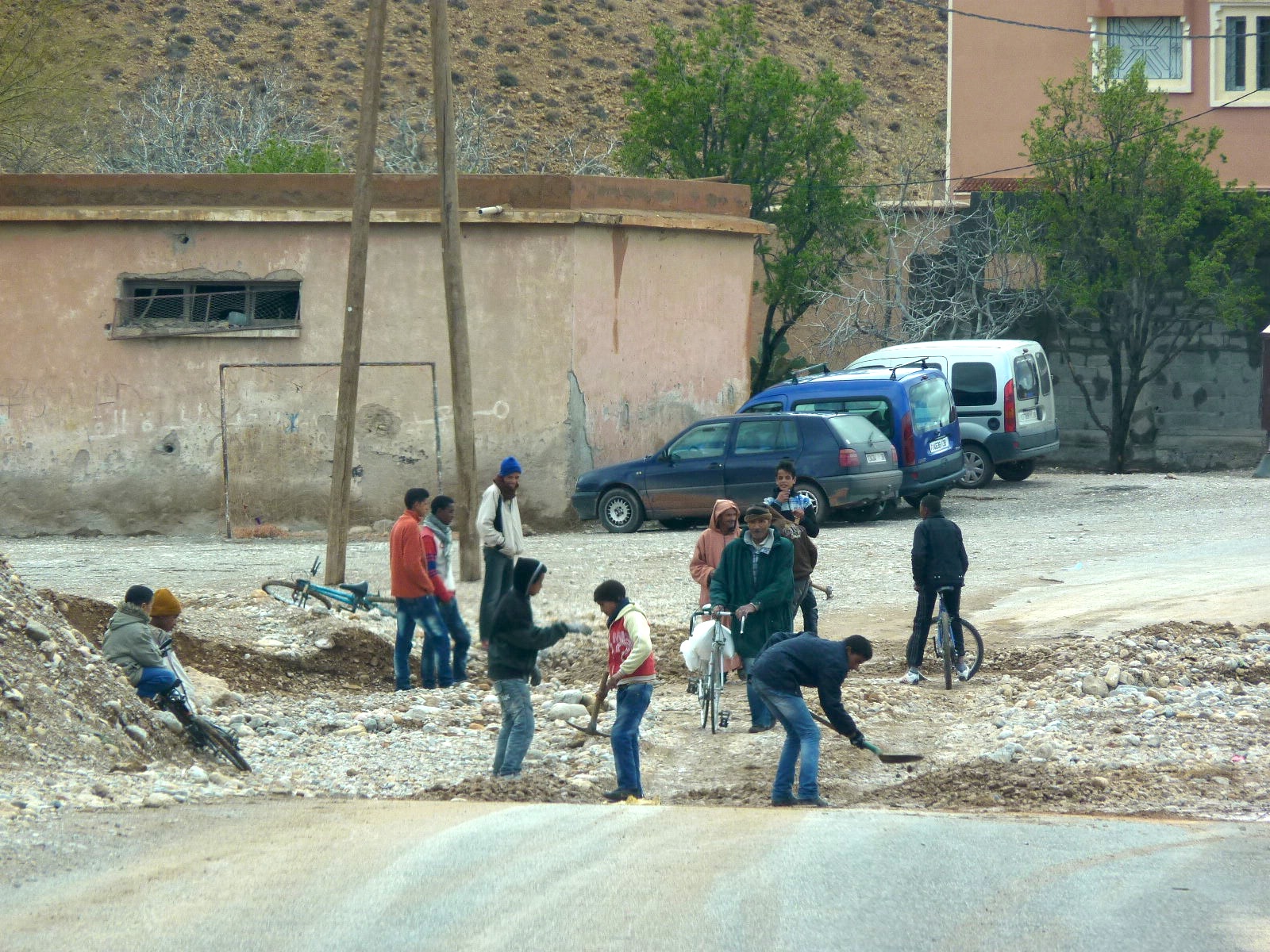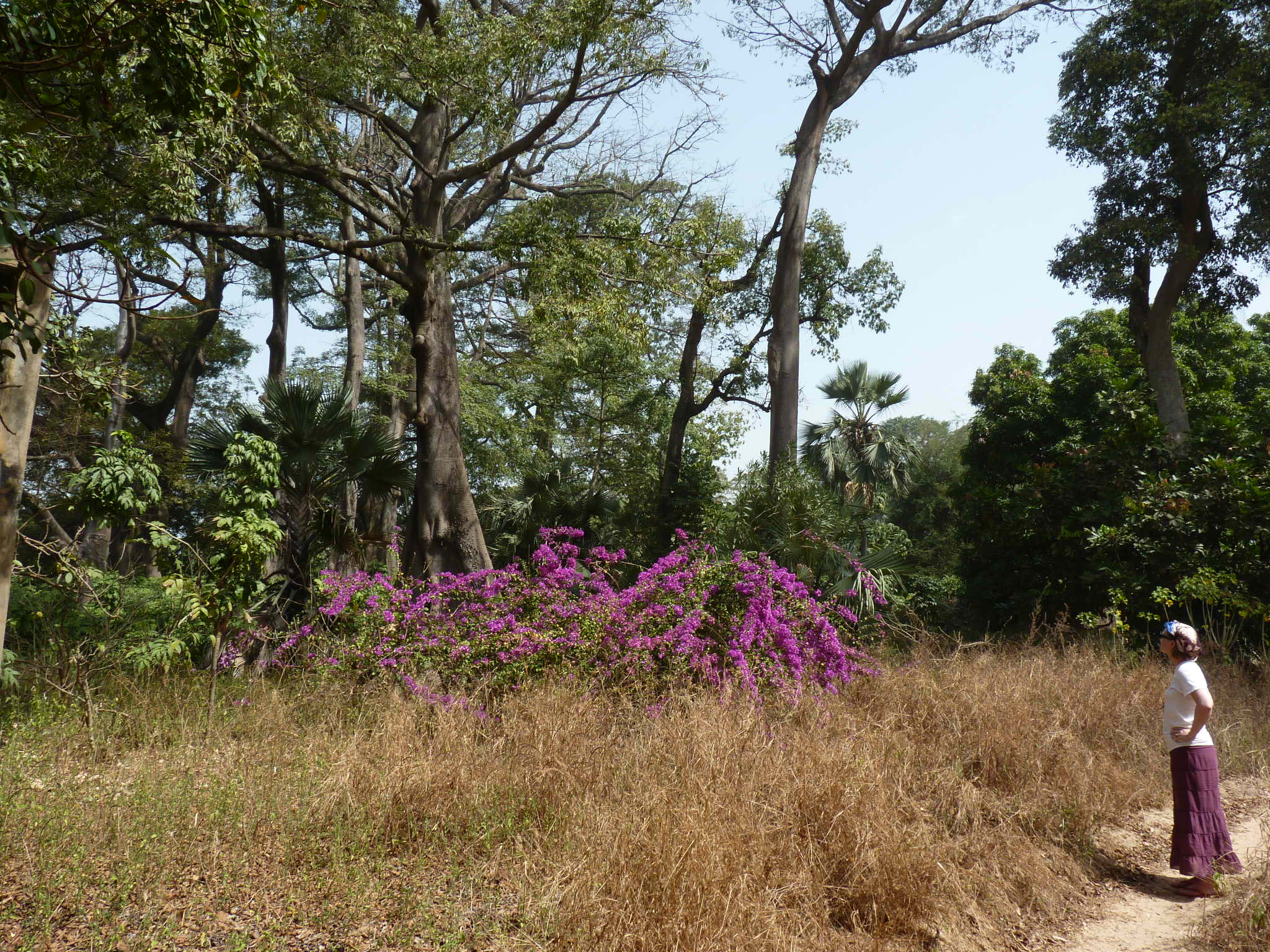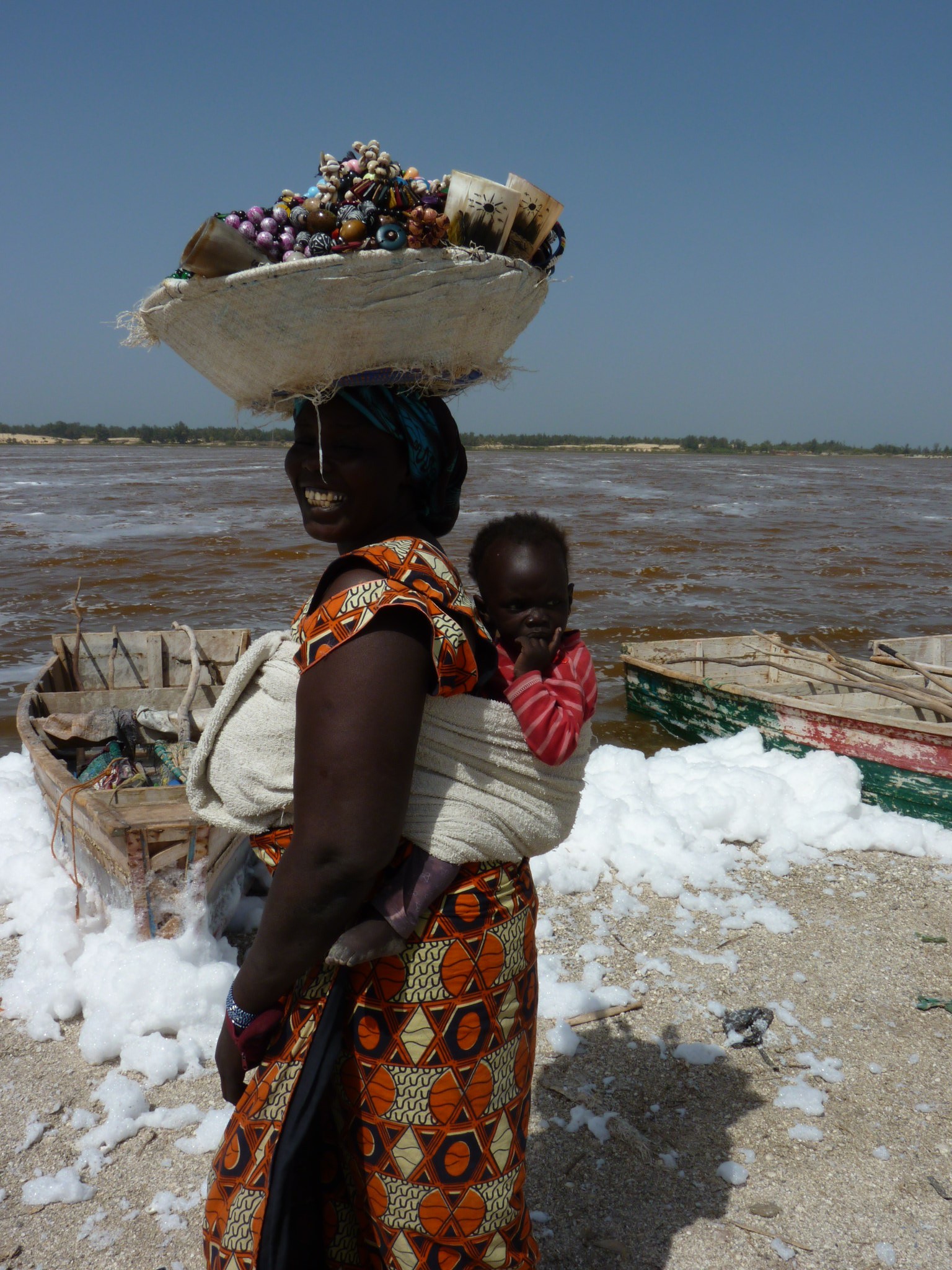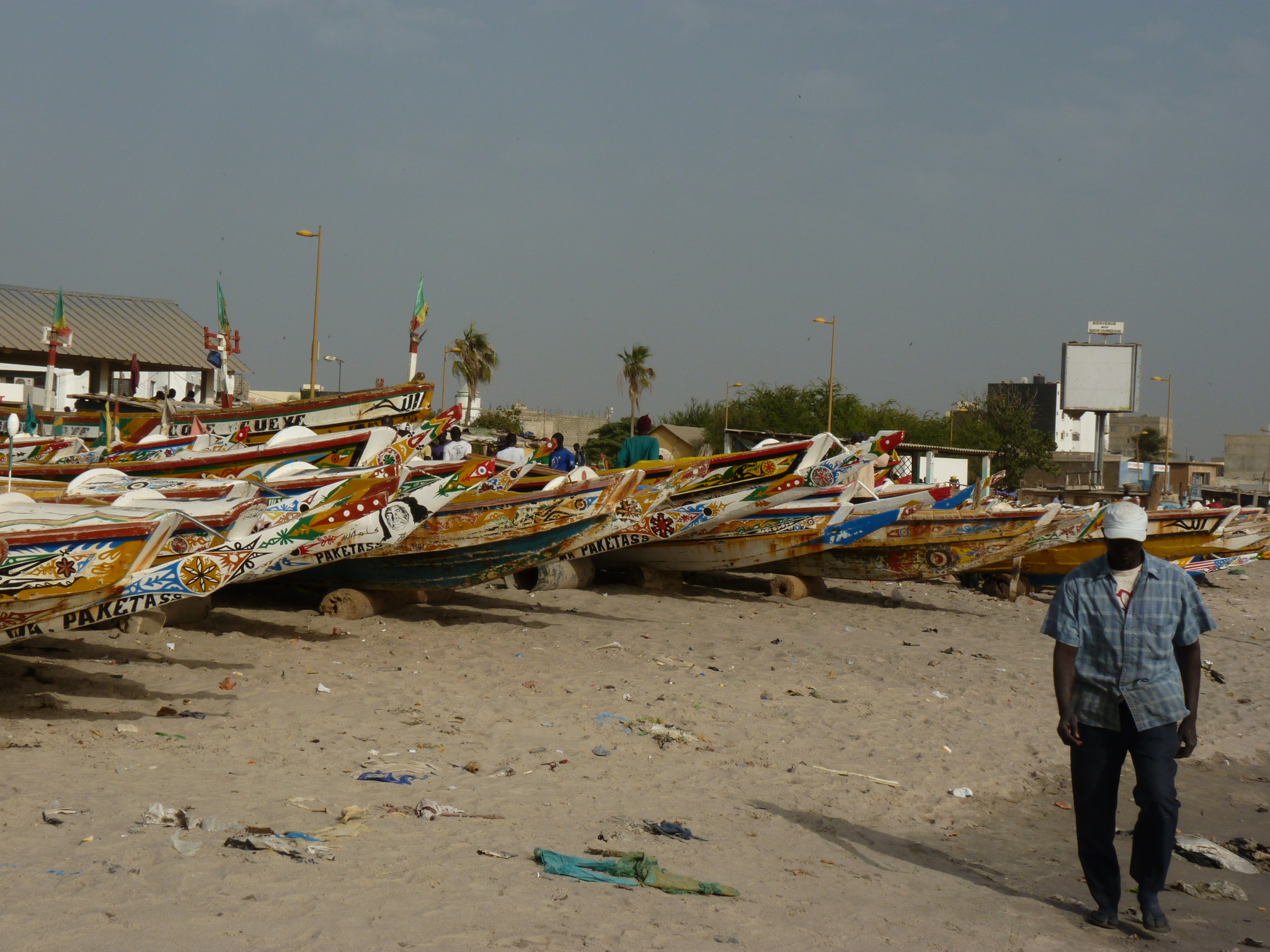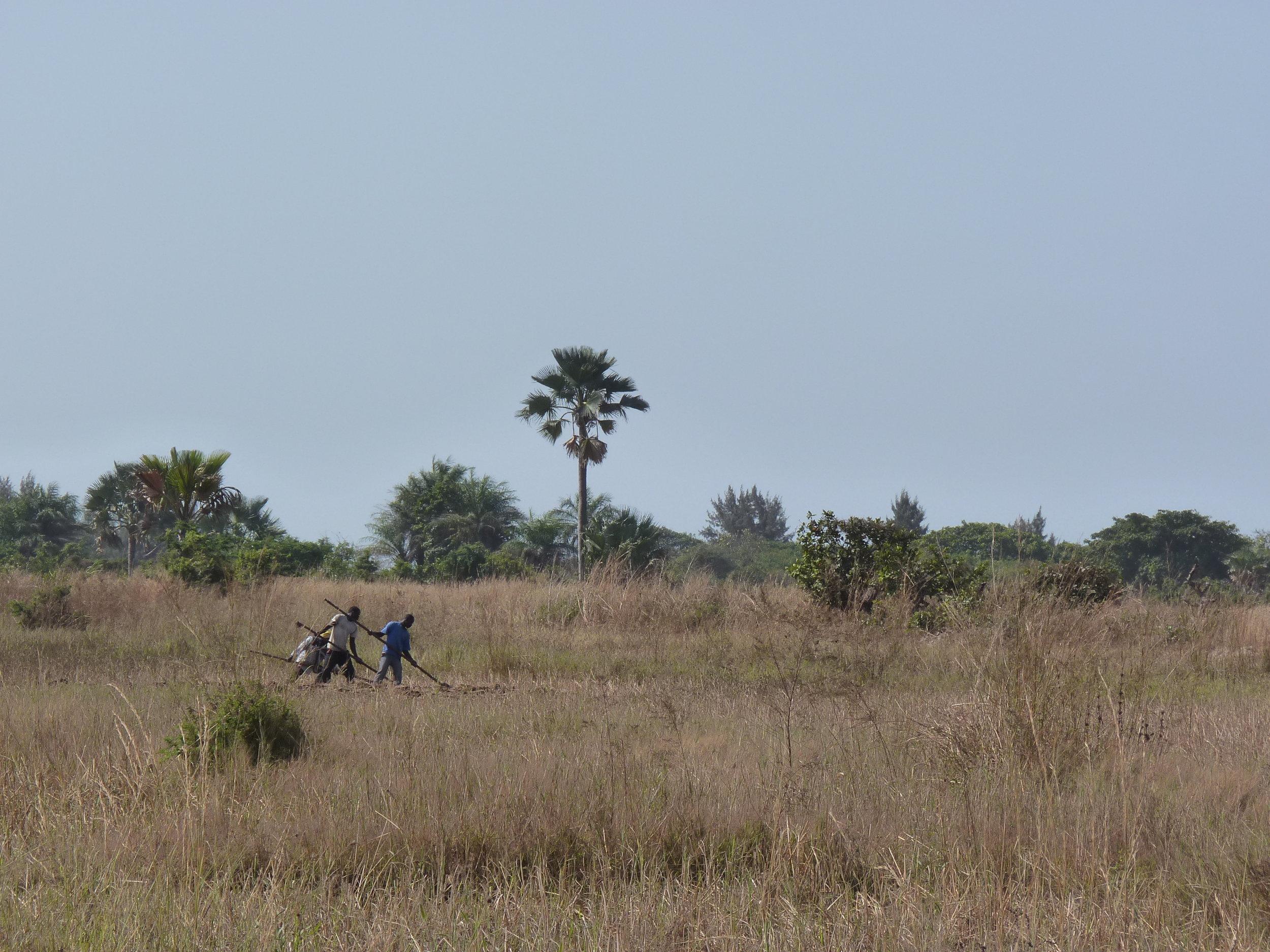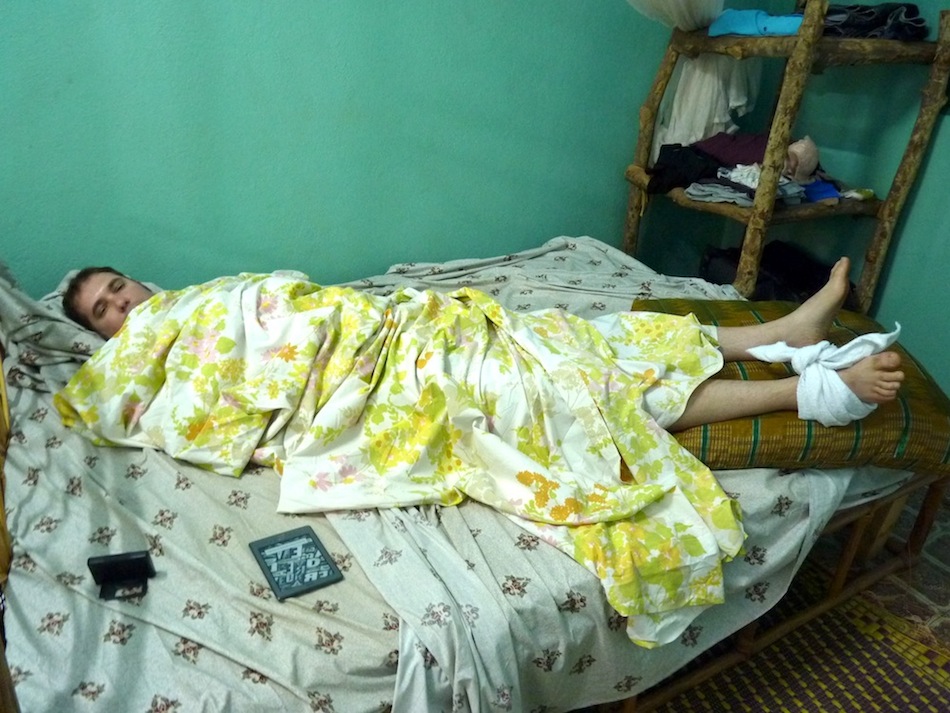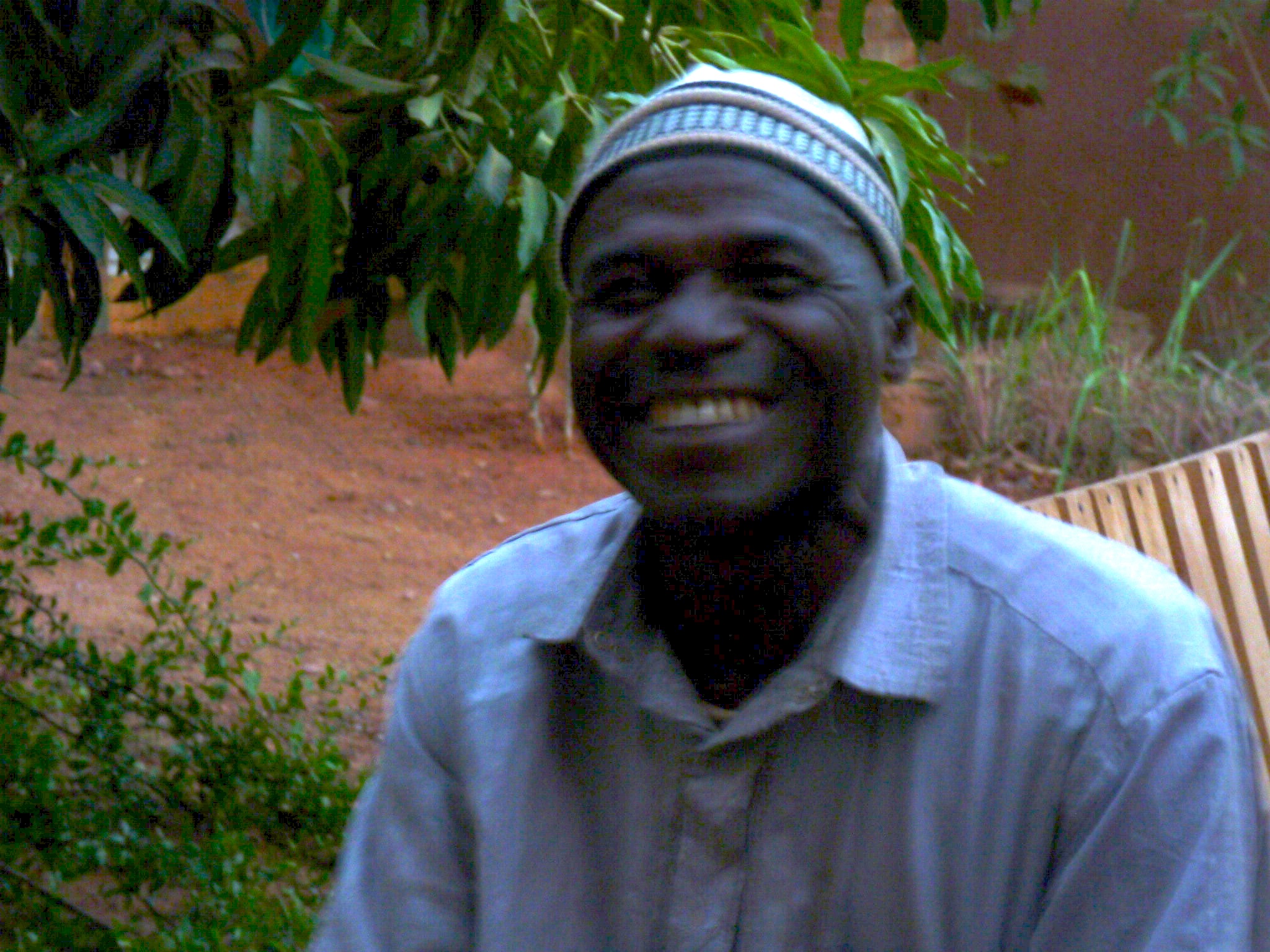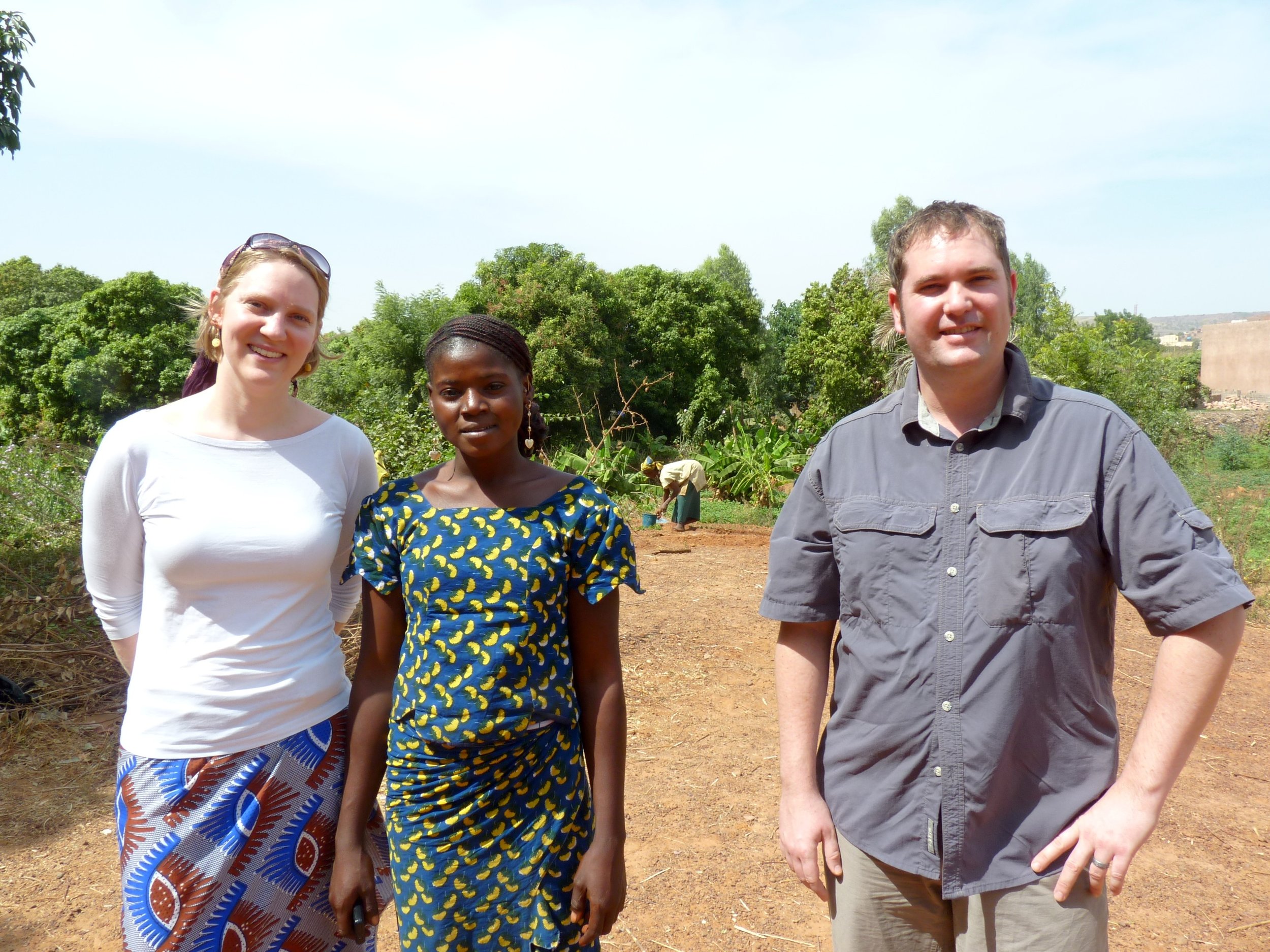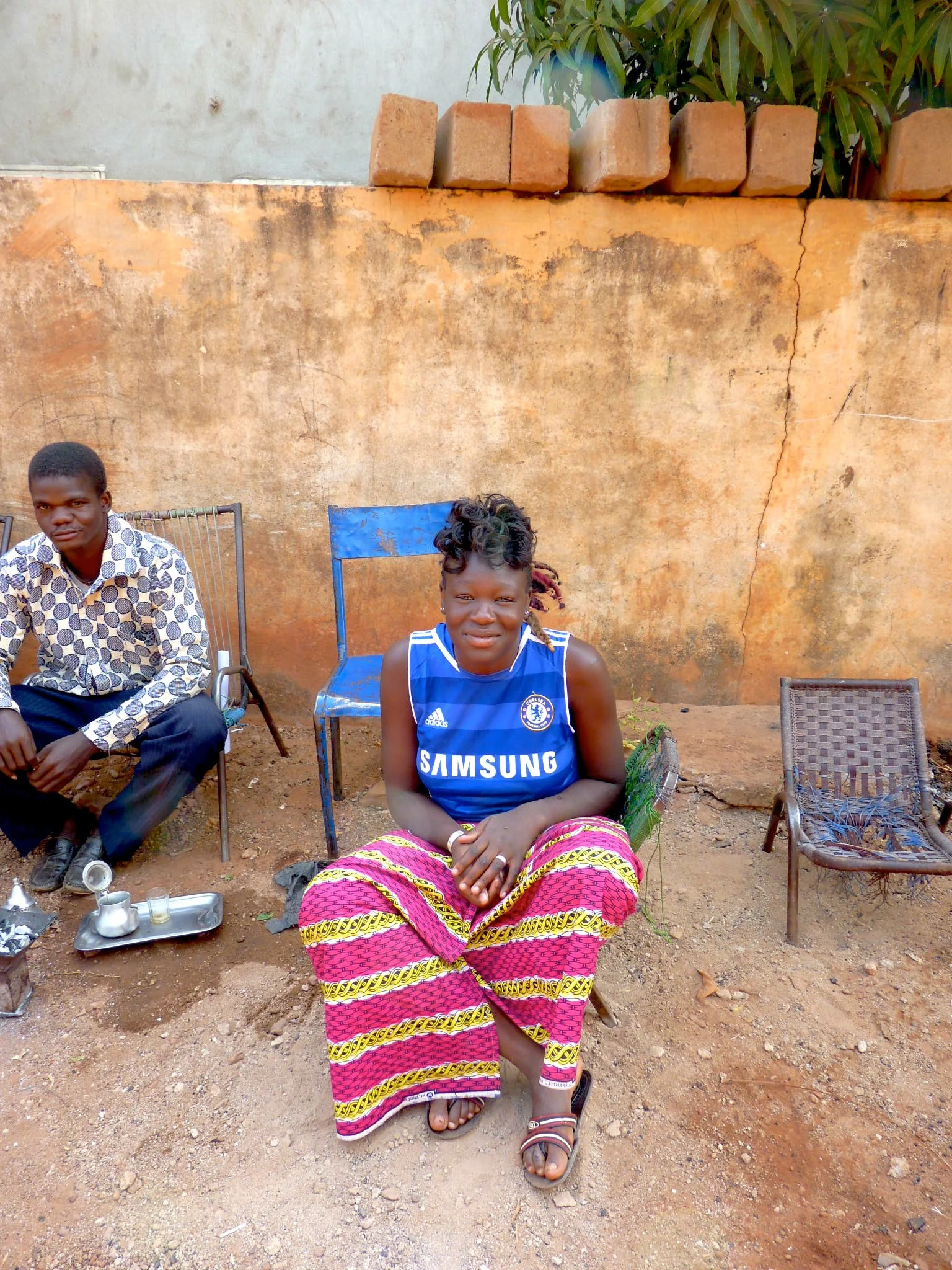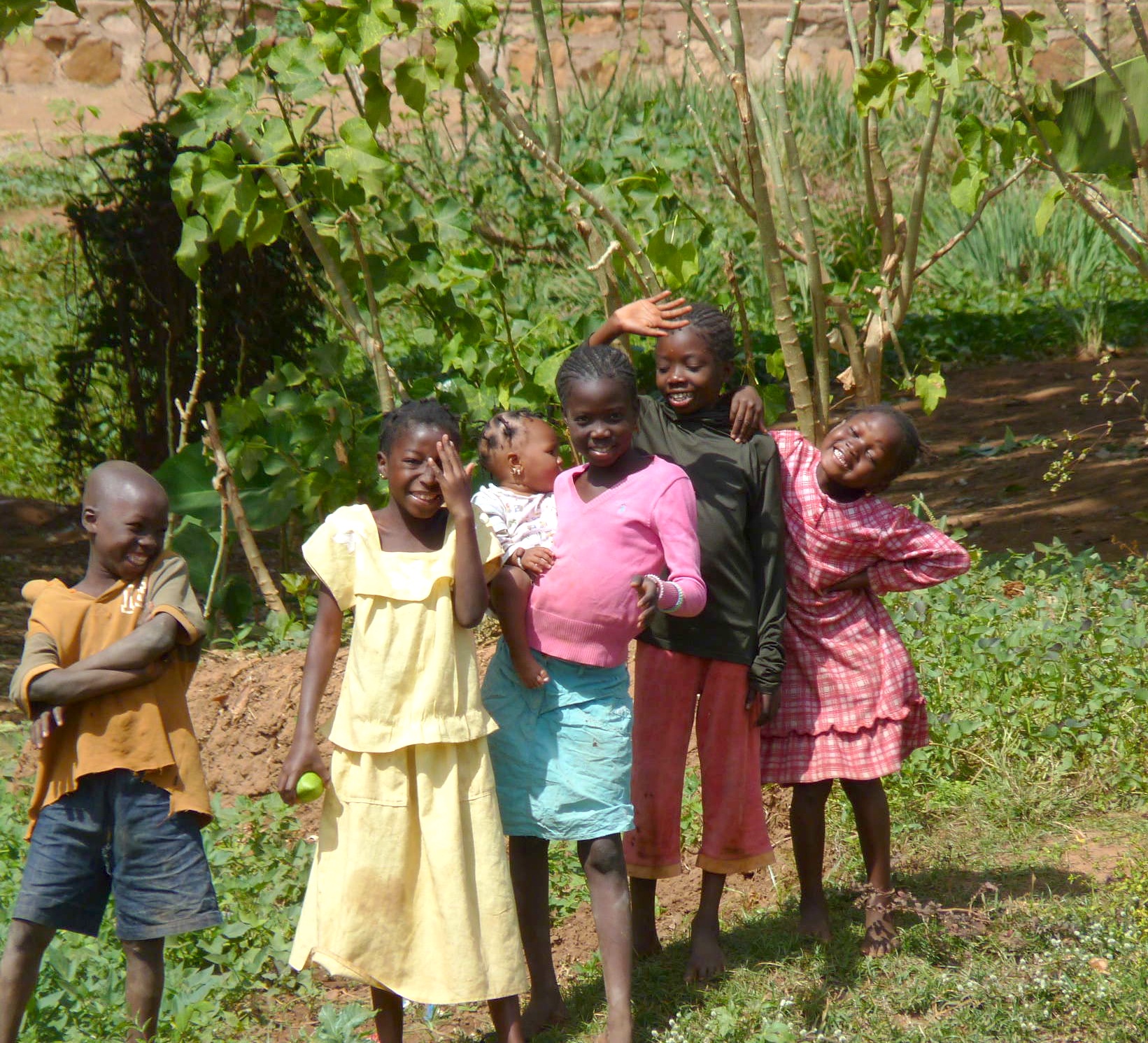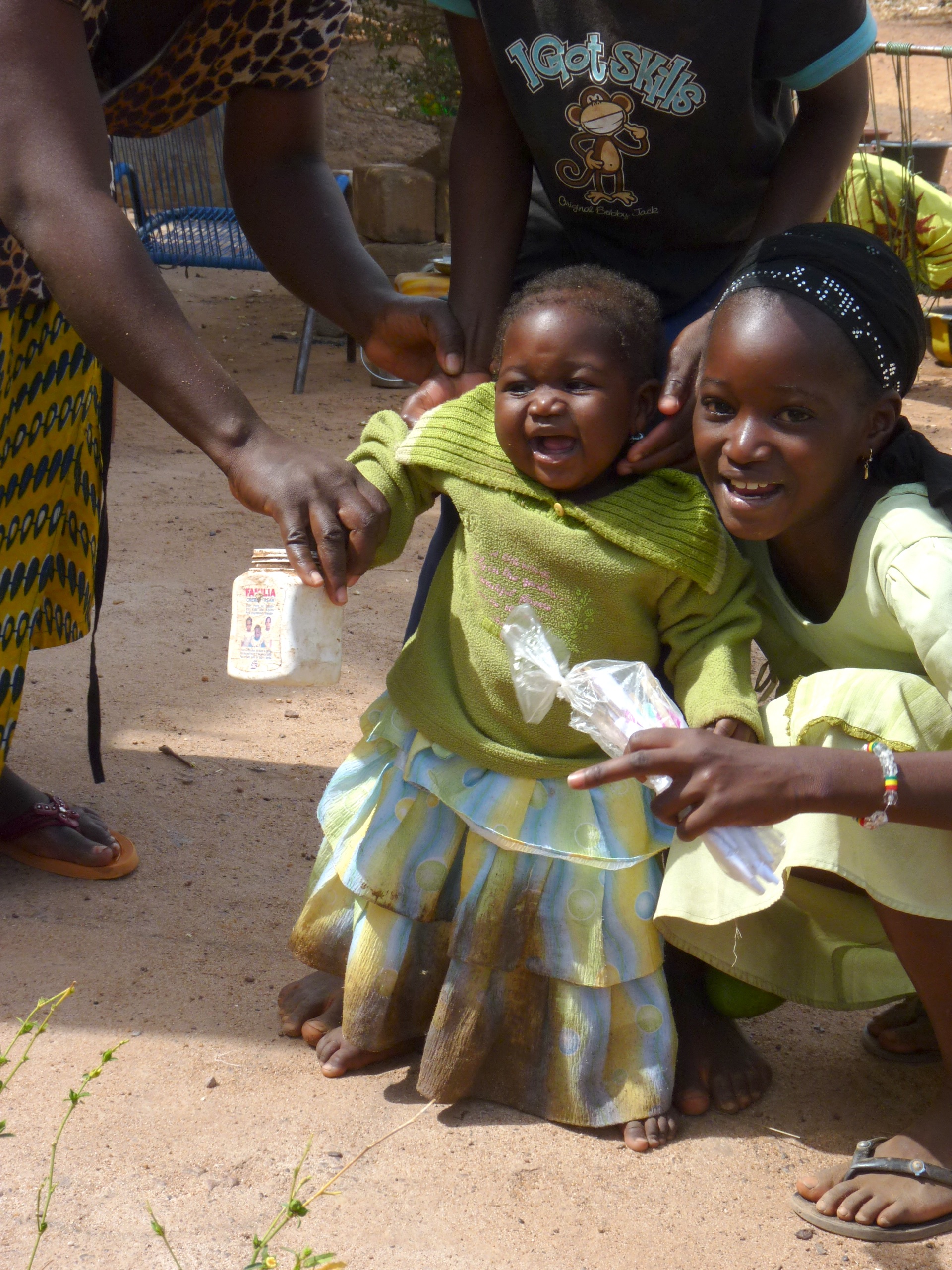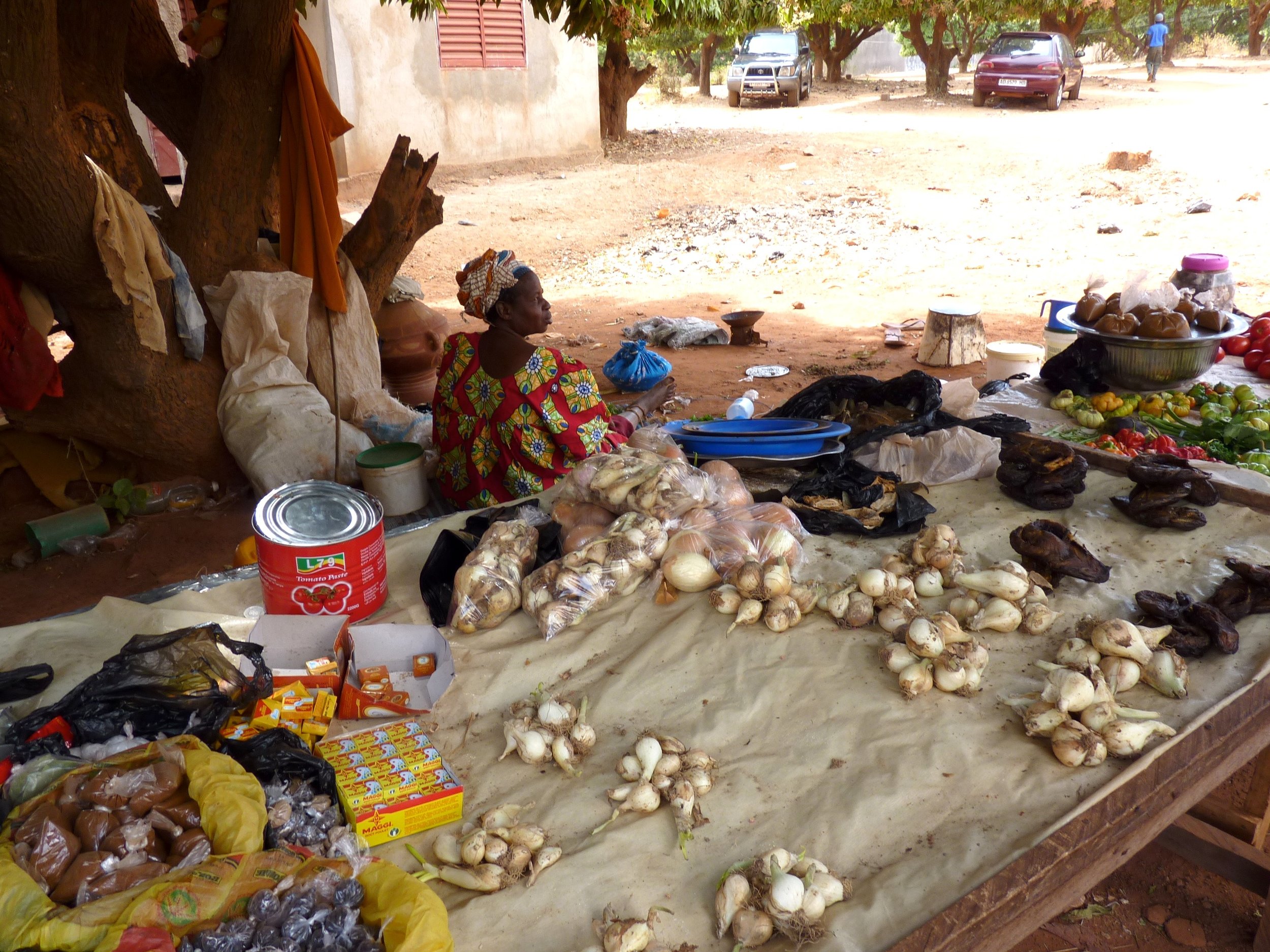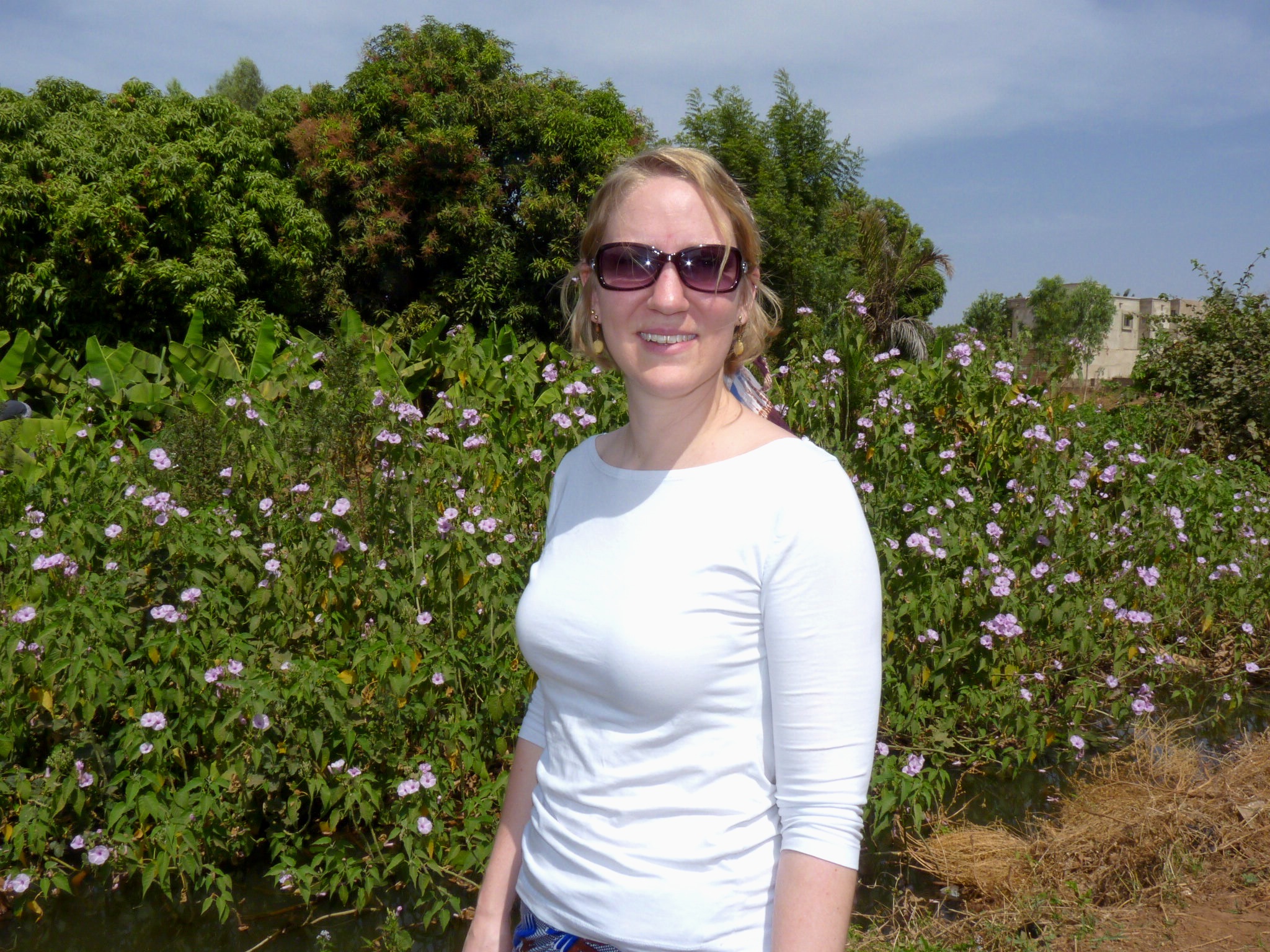My first attempt at creating a weekly blog post has quickly failed. Sorry. But in all fairness the last 10 days have been a wild ride – from arriving in Marrakesh which is so different from what we expected it to be, to getting lost in the Medina, to getting sick to taking an adventure up and over the Atlas Mountains and somehow landing ourselves in the most beautiful chateau-like house by the good grace of a new friend, it’s been a long week!
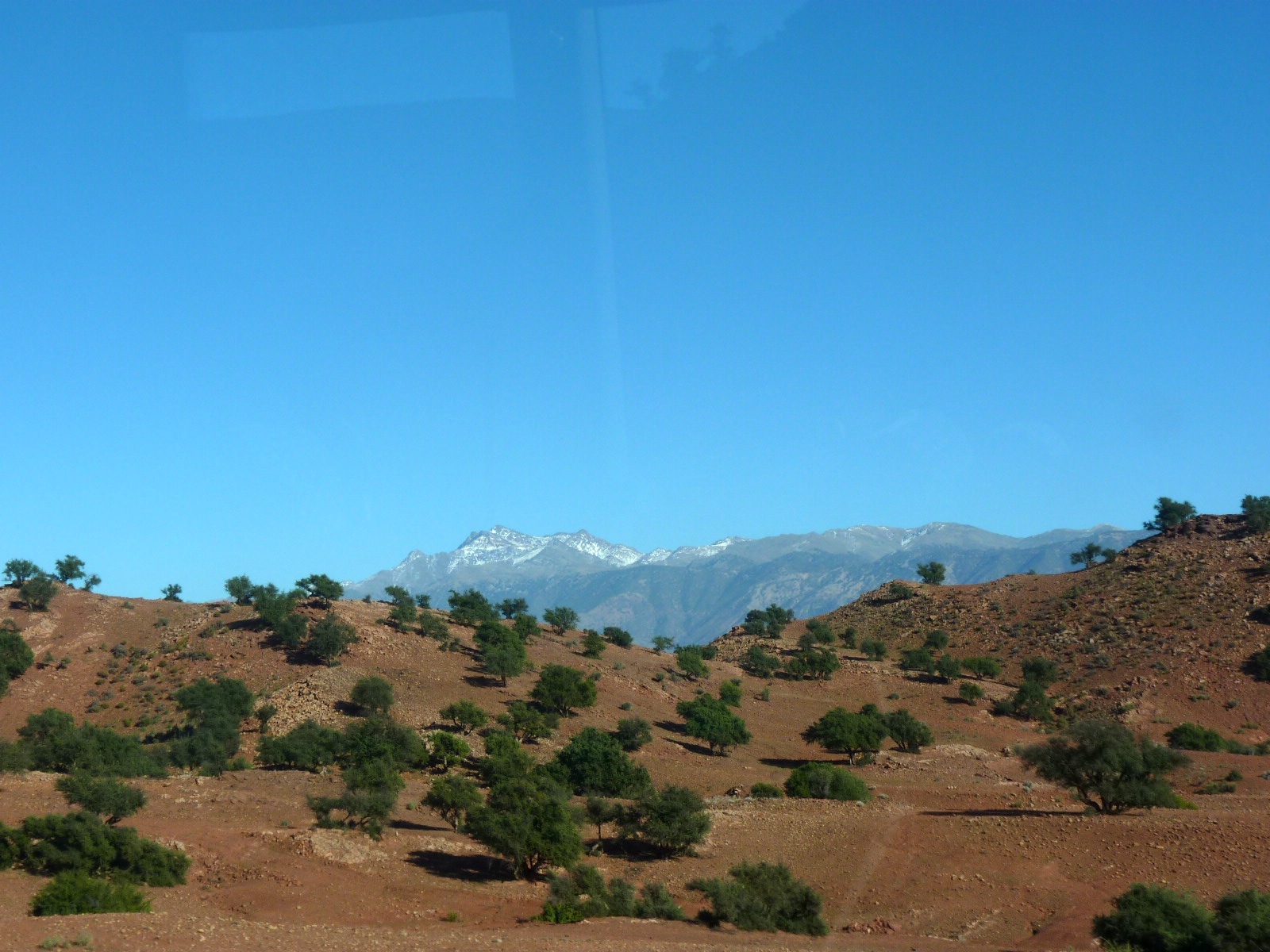
Marrakesh = Maz’ll catch ‘ya
We arrived in Marrakesh on a Monday night (I guess that was Feb 25), expecting to land in the middle of a crazy large, crowded city with tall buildings that felt super urban. Instead, we drove into an area that appeared out of a rural agricultural land, with buildings not more than 4-5 stories high, palm and olive trees everywhere. The snowpeaked Atlas Mountains rise sharply in the background, reminiscent of Denver, although the mountains are much closer, and the call to prayer ringing out from the mosques is a stark difference.
For Morocco’s main urban draw, Marrakesh is a puzzling place. It’s urban and the traffic stinks, but it’s incredibly green and lush. The Medina, with its 7km of walls, separates the Nouvelle Ville (the new city) that was built by the French.
The High Atlas
It takes no time at all before you’re out of the city and into the country. It took us only 2 hours on a big bus to climb high up (on the most windy, tiny roads you could imagine a big coach fitting, but they do) and reach the pass through the mountains. Squarely in Berber country, the people look weathered, but are so incredibly friendly.
Berber Music
Coming from the cafes and grillades (places where you get grilled meat – whatever’s cooking is hanging outside) I’m serenaded with Berber music – the boutique owners are kind to give me the musicians name and album so I can find it. Love.
$50 for Independence
This excursion to the mountains was our ‘splurge’ trip. We decided to rent a car and stay 2 nights in a nice hotel for some pampering. It’s amazing what a different feeling it is to have your own means of transportation. For $50/day we had our own little car that can take us wherever we please. So nice. With no understanding of how many litres of gas to put in the car, we filled it up (gas is REALLY expensive here) so we had a mandate to drive as much as possible. FREEDOM.
Budget Traveling
We suck at it. Not only do we suck at finding good deals, but we suck at being ok with it. Since St. Louis Senegal, every place we’ve stayed has had some plumbing problem, or something essential that hasn’t worked. Thus the pamper trip. Oh well. But it seems that just a little more $$ gives you a lot more value more. It doesn’t always happen that way (hello everything Mauritania), but in our High Atlas adventure it worked.
Dadès Gorge
Is truly Gorgeous (yes pun intended). Our bus from Marrakesh took us to the town of Ouarzazate, and from there we drove through the Valley of the 1000 Kasbahs into a canyon. I can’t get over the contrast of the deep terra cotta red earth and the vibrant green gardens that are tiered along the river and up the sides of the canyon. Ancient crumbling castles are perched on every high places, tucked into villages and built right into the rock. The valley of 1000 kasbahs is also home to the Valley of the Roses – thousands and thousands of Damascus rose bushes make this area a pink carpet in May and rose products are sold everywhere. Throw in some happy goats meandering the hill sides, plus the almond and peach trees that are blossoming and it’s a perfect high desert paradise.
We rocked the Kasbah
Upon arrival at our fancy hotel (Auberge Chez Pierre, you must stay here if you go), we exclaimed, “oh we’re so tired” and had a nice tea and chat with the owner, Ismail. I was still recovering from fever-meets-digestive-problem and we must have looked really pathetic because when we showed us our room he said, “You stay here tonight and then tomorrow I take you to the riad, it’s quiet, and there will be families and children here, so you must relax.” We kinda saw this as an inconvenience, until we saw the “riad,” which we’ve now named our own Kasbah. “It’s for making the babies!” exclaimed Ismail and pretty much the entire staff at the hotel. Um… (that’s all I have no response).” How on earth we were blessed with such fortune I have no idea. We planned to stay 2 nights and stayed 4, and I’m still bummed we left. I'm campaigning for our return in June.
We got rocked by the Kasbah
We went exploring through the nearby villages and walked into an ancient Kasbah. All was well, minus the animal stench, until we were climbing the stairs and noticed the gaping holes in them. Time to turn back! I don’t want to die in a crumbling mud structure. Apparently in the old days the way to conquer a Kasbah was to divert the water from the river and just wait until the Kasbah dissolved. You’d think for citadels they’d come up with a better protective solution…?
Desert Rain
Makes everything crazy beautiful. One of the reasons we stayed an extra day was because it rained (apparently for the first time in 4 months). There’s so much silt and clay that when it rains it seems like the mountains come down on themselves and the roads get blocked. On the plus side, the reds become more red, and the greens become more green. It’s beautiful. I don’t know if the Moroccan flag is green on red because of the colors of the land here, but it would make sense. The red of the earth is SO red and the green is SO green. I’ve never seen anything like it. Even the water running off the mountains is deep red.
We’ve taken a lot of bus rides in Morocco. I mean, I don’t know how many kilometers we’ve traversed but it’s well over 2500 since crossing the Mauritanian border. The buses here go REALLY fast, and feel like a rocking freight train hell bent on getting to its destination as fast as possible. Hairpin turns on crazy mountain roads that plummet hundreds of feet into nothingness don’t stop bus drivers from taking blind corners quickly – while passing – all while the driver is happily singing along to the music. Yeah, we almost died while rounding one of those corners when a truck came around the bend. We actually hit the side of the mountain, swung out towards the pathetic excuse for a guard rail and stopped. I realized my final thought would have been, “Really??!!” Jon’s was, “You’ve gotta be f#$^in kidding me.”
I am so grateful that we were able to spend four days in the Dades Gorge. Our friend, Ismail, made us feel so at home in such an incredibly beautiful place. I almost don’t need to go anywhere else. I’d be happy hunkering down right there the mountains, surrounded by lush green wheat gardens, snowy-capped mountains, red, wind-swept earth and people with the kindest faces. Tanamirit Morocco (that’s Berber for thanks, Morocco).
